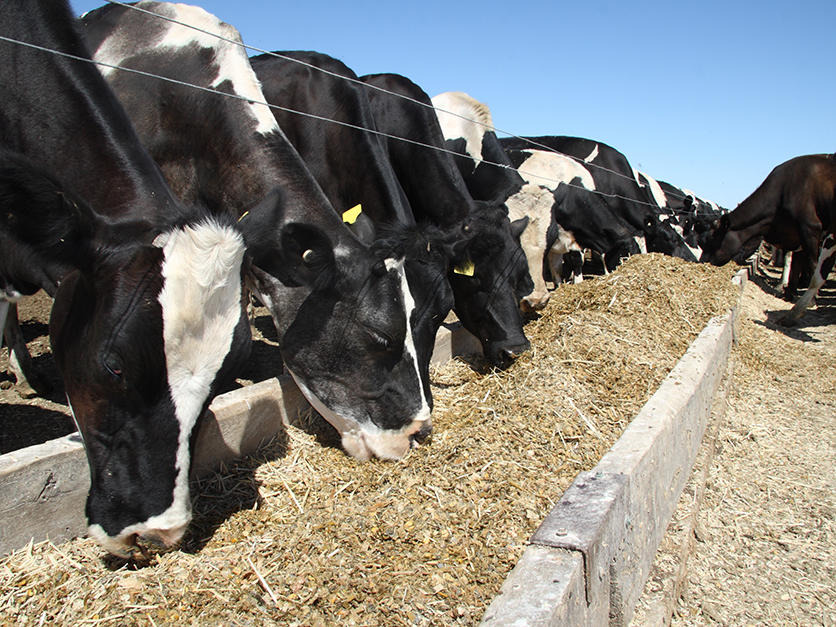U.S. dry whey, a key component in swine feed, is just one of the 16 U.S. commodities that the Chinese Finance Ministry will exclude from tariffs beginning Sept. 17, according to a Wednesday announcement.
The exemption could be the start of a major turnaround for U.S. dry whey exports to China, which have dropped off by about 50% since the commodity was hit with a 25% retaliatory tariff in the ongoing trade war.
Whey used for human food products was not exempted.
U.S. exports of dry whey to China have fallen off sharply since China first imposed a tariff on the commodity. From July 2017 through June 2018, The U.S. shipped 244,622 metric tons of the dairy product to China, according to data from the U.S. Dairy Export Council. That was cut roughly in half over the next 12 months to 121,247 metric tons.
U.S. exports to China were on track to break records in the first half of 2018, before the trade war erupted and tariffs were levied, USDEC President and CEO Tom Vilsack told Agri-Pulse.
But soon U.S. exports of whey will only be subject to the preexisting 2% most-favorite-nation tariff, and sales are expected to rebound, according to industry officials.
“This is certainly good news,” said Jaime Castaneda, USDEC senior vice president for trade policy, who added that the group has been working with Chinese government and industry to remove the tariff.
The timing of the tariff announcement comes just as USDEC embarks on a mission across China to show the country’s pork producers how feeding whey to their swine can help rebuild after the devastation being wrought by African swine fever.
USDEC will be holding several seminars over the coming month to share with the Chinese results of research showing how whey products can help the swine industry recover, Vilsack told Agri-Pulse in a recent interview.
USDEC will be using the seminars to highlight new research that show feeding “whey protein to lactating sows can accelerate the repopulation of (China’s) hog industry,” said Vilsack, who stressed it’s a “good faith effort during the trade talks.”
Only a couple other ag products — fishmeal and shrimp — were also exempted by the Chinese, but major commodities like soybeans, wheat, pork, tree nuts and fruit were not.
High-level U.S. and Chinese negotiators are scheduled to meet next month in Washington to continue efforts to try to end the trade war that has raged for more than a year.
For more news, go to www.Agri-Pulse.com.


